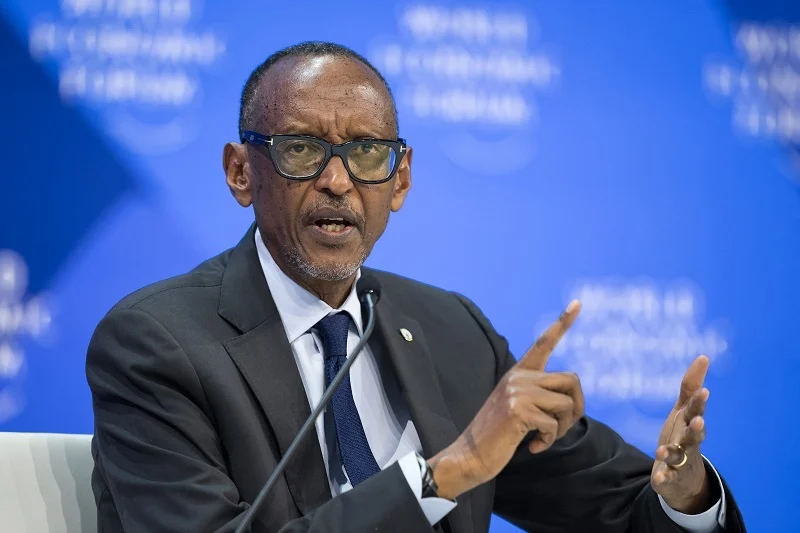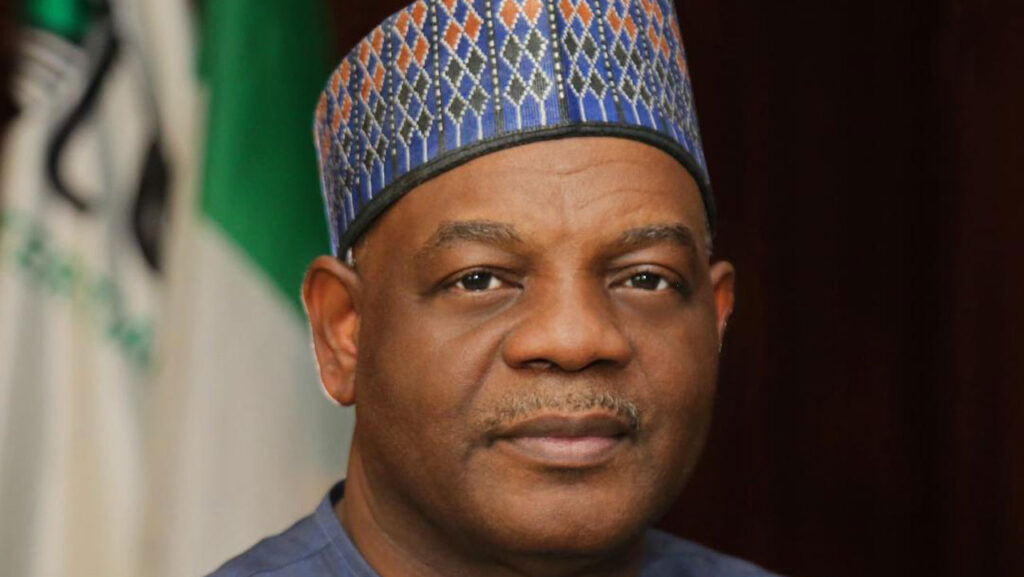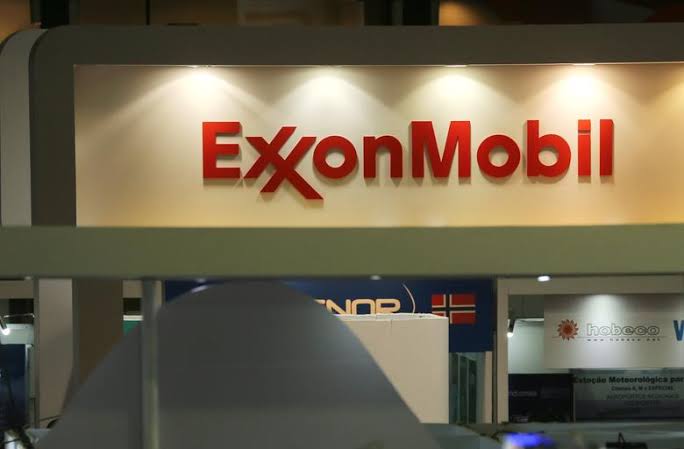 Nigerian commercial banks have moved forward with the implementation of publishing the names of serial bad debtors. Twelve banks have already published these names and more are expected to follow suit before the August, 31 deadline.
Nigerian commercial banks have moved forward with the implementation of publishing the names of serial bad debtors. Twelve banks have already published these names and more are expected to follow suit before the August, 31 deadline.
Skye Bank has published names of 107 debtors collectively owing 13.3 billion naira. Femi Oladehin, Partner at Argentil Capital Partners, said the last five to six years post 2008 have to a large extent seen the banks improve on their risk management practices.
Banks still carry these risks of certain sectors lacking economic direction. “The kind of developments that have been seen in the currency market where we’ve seen the naira lose almost 25 per cent over the last 12 months could significantly impact on some of the businesses that the banks have lent to,” he explained.
According to Oladehin, this exercise in itself will not solve the problem, it merely highlights it. “It will only let others see that there is a problem with non-performing loans.”
According to Fitch Ratings, lower oil prices and a weaker naira has impacted the operating environment. Oladehin’s thoughts on this practice are, “If a customer has the capacity to pay, but hasn’t paid – the name and shame would drive them towards paying.” On the other hand, debts are not going to be paid if there is no capacity and no personal liability on the directors.
With local governments also on the list of serial debtors, Oladehin responded that it is not as complicated for this sector because “ the government needs to spend within their means and find alternative ways of making money”.
However, when this is moved to the private sector it’s a “completely different ball game”. “Some of the borrowers have not exactly been the best borrowers,” he said.
Oladehin also raised the point that many consumers do not take into consideration that the cost of debt is extremely high. “It’s difficult in this environment to borrow at 30 per cent and find a business that can sustain that level of debt, when they are supposed to pay back… naming and shaming can help to some extent but you need to solve the broader macroeconomic problems, “ explained Oladehin.
Bad debtors are due to be blacklisted, banned from forex and government security markets. Oladehin shared that over the last two weeks a lot of debtors have gone back to the banks to restructure their liabilities. “Even if borrowers were the most legitimate people in the world, the reality is in an interest rate environment, in an inflation environment where they are struggling with all sorts of issues… those problems need to sorted out first.”








